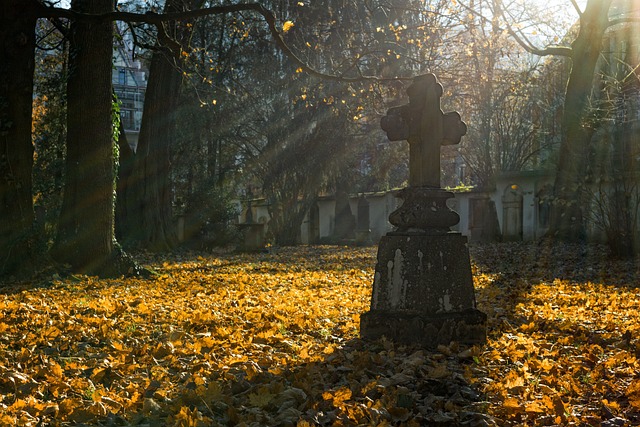Feb 15, 2024 | Mental Health Ministry, Stronger Together Support Group
Hello friends,
It’s tempting to think of mental illness in terms of diagnoses, and to some extent it makes sense to do so. After all, by necessity there are commonalities in how people experience clinical depression or any other named health outcome. The problem is that there are wide ranges of experiences “within” a diagnosis; how one person experiences and recovers from clinical depression can be dramatically different from the next person.
This is yet another reason why it’s so important to anchor our understanding of mental illness on the perspectives of those whose lives are touched by it. Through this lens we can begin to appreciate how much diversity there is in mental illness experiences and outcomes. We’ll get a chance to do just this as we watch and respond to a video titled, “Mental Health: In Our Own Words” during our conversation this week. I hope to see you there!
Our warm-up question for this week:
Imagine you were going to take a cross-country road trip anywhere in the world…where would you go, and what kind of vehicle would you want to travel in?
See you soon,
Alex

Oct 12, 2023 | Mental Health Ministry, Stronger Together Support Group
Just last week we had a lighthearted (but thoughtful and productive) conversation about joy. What a difference a week can make.
I suspect you are as heartbroken as I am, and maybe more. Let’s talk about it tomorrow, shall we?
I also want to share with you an article sent to me that was published in WaPo. On the surface it’s about Seasonal Affective Disorder, or SAD, which we’ve discussed previously in Stronger Together. The underlying theme, however, is about how we prepare for mental health struggles ahead. The article was published Oct. 5, two days before the attack on Israel.
Our warm-up question for this week:
How are you feeling right now, and what have been the range of emotions you’ve felt over the past few days?
See you soon,
Alex
Oct 5, 2023 | Mental Health Ministry, Stronger Together Support Group
Last week we had a great conversation about clinical depression, and (thanks to the power of metaphors!) walked away with a deeper and more nuanced understanding of what this form of mental illness can feel like to those who experience it. This week we’re going to swing the pendulum in the exact opposite direction…which is what, exactly?
One way to think about the “opposite” of experiencing depression is experiencing joy. According to developmental psychologist (and Presbyterian minister) Dr. Pamela King, “[a] helpful way of thinking about joy is understanding what matters most in human life.” In the article Dr. King goes on to identify three areas that inform joy: (1) growing in authenticity and living more into one’s strengths, (2) growing in depth of relationships and contributing to others, and (3) living more aligned with one’s ethical and spiritual ideals.
We’re going to complement this cerebral, albeit brief article on joy with a video that is also short but offers a Biblically-oriented exploration of joy. How do these two understandings overlap, and what does that tell us about the relationship between feeling joy and feeling depressed?
Our warm-up question for this week:
What do you want to do for your next birthday party?
See you soon,
Alex
Sep 26, 2023 | Mental Health Ministry, Stronger Together Support Group
Hello friends,
Sometimes the simplest of metaphors help us see an issue from a deeper, more personal level. That’s why we’re going to watch a short video about a dog this week. [Insert joke here about how we’re not dogging it in Stronger Together, or about depression being a “total dog”, etc.]
In this case the “dog” is depression, and if you’ve never experienced what it’s like to live with clinical depression (as I have not), this is a great way to understand it through a different lens. Also if you’re like me and you happen to like dogs regardless of their coat color, you might feel ambivalent about this metaphor… at least until the end of the video.
Our warm-up question for this week:
Describe how your week has been using a metaphor. Similes are okay, too!
See you soon,
Alex
Aug 16, 2023 | Mental Health Ministry, Stronger Together Support Group
Hello friends,
One day photographer Danielle Hark found herself at her lowest point ever when something just “clicked” for her. She had been suffering from severe depression, had fallen to the floor in the midst of a panic attack, and then, “click”… she took a picture. That moment not only changed her life but set her on a course to change the lives of many other people living with mental illness.
We’re going to watch a brief video of Danielle’s story and talk about what it means to create community where (and in what form) it is needed. If you get the chance, please also check out the art and community experience Danielle founded at the Broken Light Collective. It’s an inspiring story that each of us can relate to in our own way. Join us for the conversation!
Our warm-up question for this week:
Without showing it, describe one photograph you have that you will never forget.
